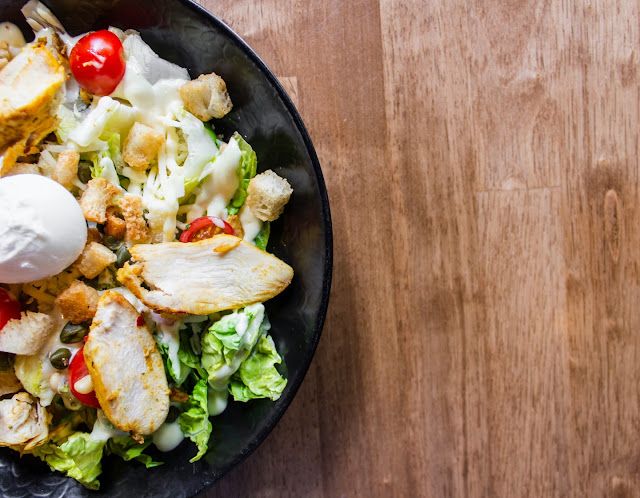Part 1. Beat the Heat: Essential Summer Health Tips for Hydration, Nutrition, and Lifestyle
Why Summer Health Habits Matter
The summer of 2025 is bringing record-breaking heat worldwide. In this weather, your body uses more energy and loses more fluids than usual, making you more susceptible to dehydration, heat exhaustion, and digestive issues. That’s why it’s more important than ever to take extra care of your health during hot weather.
Smart Hydration Tips for Hot Weather
- Drink 8–10 glasses of water daily, sipping small amounts throughout the day rather than all at once.
- Eat water-rich fruits and vegetables like watermelon, cucumber, tomatoes, strawberries, and melons. These make great snacks and help keep you hydrated.
- Replenish electrolytes with coconut water, herbal teas, or sports drinks if you sweat a lot or spend time outdoors.
- Limit caffeine, alcohol, and sugary drinks—these can worsen dehydration.

Best and Worst Foods for Beating the Heat
Recommended Foods:
- Light proteins: Grilled chicken, fish, tofu, Greek yogurt, eggs—easy to digest and less taxing on your body.
- Fresh vegetables: Cucumbers, tomatoes, eggplants, lettuce, leafy greens—rich in water and vitamins.
- Mineral-rich fruits: Bananas, melons, berries, citrus fruits—help replace minerals lost through sweat.
Foods to Avoid:
- Heavy, greasy foods: Fried foods, fatty meats—harder to digest and can make you feel sluggish.
- Salty and processed foods: Increase your risk of dehydration.
- Caffeine, alcohol, and sugary sodas: Promote fluid loss and can worsen fatigue.
Sample Summer Meal Plan: Light & Refreshing
- Breakfast: Oatmeal with yogurt and banana, cucumber and tomato salad
- Lunch: Grilled chicken salad, brown rice, tofu stir-fry, lettuce wraps
- Dinner: Grilled salmon with sautéed eggplant, cold noodle salad, or chilled bean soup
- Snacks: Watermelon, melon, fresh fruit salad, coconut water, mini salads

Lifestyle Habits to Stay Cool and Healthy
- Dress in light, breathable clothing and wear a hat, sunglasses, and sunscreen for sun protection.
- Avoid outdoor activities between 11 a.m. and 3 p.m., when the sun is strongest.
- Keep indoor temperatures at 26–28°C (78–82°F) and use fans or air conditioning as needed.
- Take breaks and short naps to recharge your energy.
- Don’t forget essential minerals like magnesium, vitamin C, and potassium—these are lost through sweat and should be replaced with food or supplements as needed.
Summer Health Q&A
Q: Which nutrients are most important during hot weather?
A: Water, potassium, magnesium, and vitamin C—all are lost through sweat and must be replenished.
Q: Is it okay to eat less during summer?
A: Don’t skip meals or drastically cut calories. Focus on light, nutrient-rich foods to maintain energy and health.
Q: How can I spot dehydration?
A: Signs include thirst, dry mouth, dark yellow urine, dizziness, and fatigue. If you notice these, increase your fluid intake immediately.

Start Your Summer Wellness Routine Today
Staying healthy in extreme heat starts with small, daily habits. Hydrate regularly, eat light and fresh meals, and protect yourself from the sun. With the right nutrition and lifestyle, you can enjoy an energetic and healthy summer—no matter how high the temperature climbs!
Start with small habits to protect your health this summer!
How to replenish magnesium lost through sweat in hot weather
Smart ways to get the nutrients you need during the hottest days
Stay healthy and energized with the right supplements this summer

